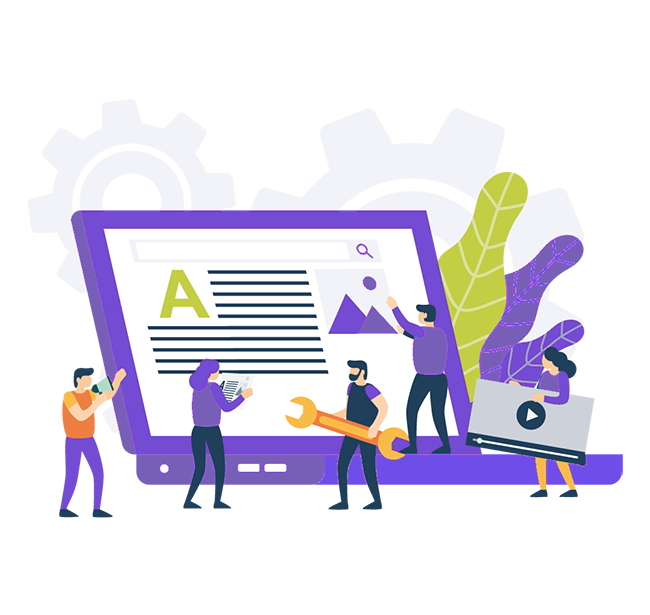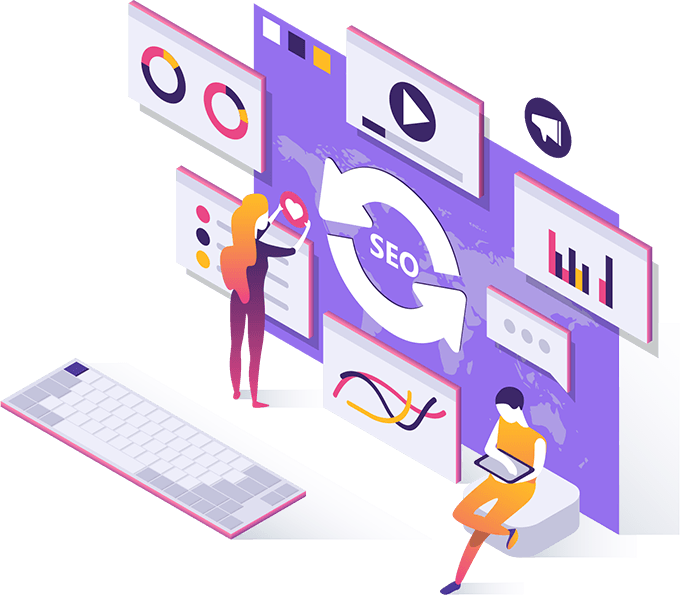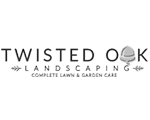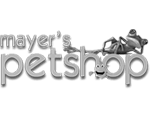No products in the cart.
On-Page SEO
Making sure people can find you

We help our clients get results
On-Page SEO
We’ll help you clearly communicate your message to your audience and at the same time, use on-page SEO (Search Engine Optimization) techniques to improve how your site ranks in search results. It’s about making sure that people can find your site for the search terms they type into Google and delivering a good user experience when they get there.
WordPress is one of the most SEO-friendly platforms due to the clean web building tools offered.
On-site SEO works. Advertising Methane Cow Design is not in our budget. Our business grows from client referrals and from ranking well in organic search results.
What does SEO even mean?
What is SEO?
SEO, simply put, is Search Engine Optimization. It’s the magic you have to work on your article in order to make Google very likely to include your post as one of the top results whenever someone searches for that keyword. A properly optimized website places it high on a search engine in the unpaid section, also known as the organic listings. But what needs to be optimized — everything!
On-page SEO is the practice of optimizing individual web pages in order to rank higher and earn more relevant traffic in search engines. On-page refers to both the content and HTML source code of a page that can be optimized, as opposed to off-page SEO which refers to links and other external signals.
On-page SEO concerns all of Google’s ranking factors that they determine by directly looking at the page you try to optimize, such as your headlines, content, and page structure.

01
Image Alt Text
Image Optimization is necessary for any keyword ranking. Your blog image or any featured image must have to be appealing and user-friendly. It needs to attract the user at a very first glance. Alt Text is a special type of text that is helpful for image ranking.
02
URL Optimization
Search engines and visitors can interact with your website more effectively when you use URLs that describe the pages content. URLs arenecessary for On-Page SEO. It must be organized properly and contain the keyword. The shorter the URL, the better.
03
Text/HTML Ratio
Content is King! A content length higher than 1800+ words has a better chance of being ranked on the first page of any Search Engine. Content should contain at least 600+ words. It should be well researched. A longer, more informing page is preferable.
04
Keyword Density
There are no hard-and-fast rules about keyword density. The term refers to the number of times a keyword appears on a given webpage or within the content as a percentage or ratio of the overall word count. So, avoid cramming keywords into your webpages.
05
Titles & Description
Two of the most important on-page elements for SEO are title & description, the title tag being the most important. Making changes to this can help to raise your rankings quickly. By having a good description tag, you'll get more clicks from the search results.
06
Keywords in Headings
Include keywords in your headings. Aim to include one of your best keywords in the H1 Tag. Using only one h1 heading per page will strengthen your SEO. The keyword you use should be slightly different than the keyword you’re aiming for in the title tag and/or URL.
What our clients say



